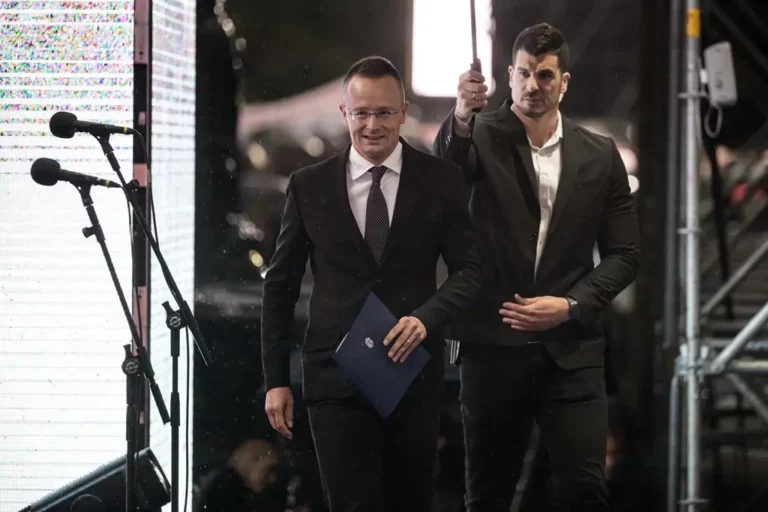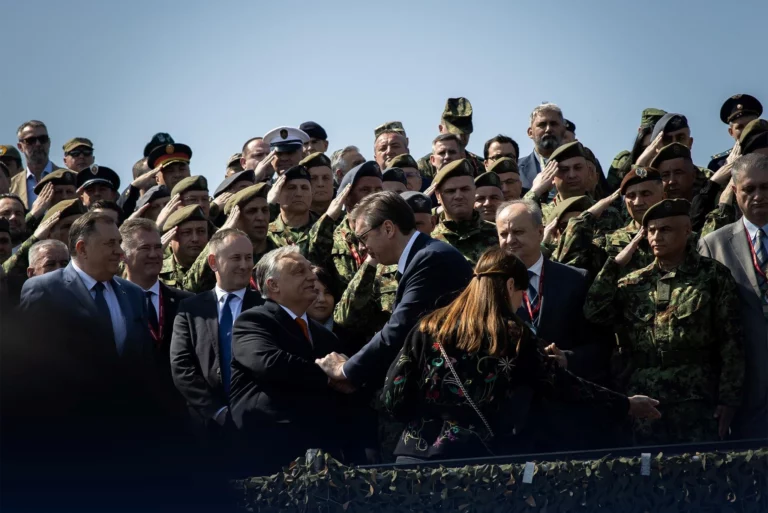Serbia
Hungarian minister welcomed as superstar at rally in Belgrade: Serbians-Hungarians brothers – PHOTOS, VIDEO

Hungary 2024 EU presidency preparations on track, says Minister Varga

More than 20 guns and pistols were seized from the Albanian driver, but what did he want with them?

Hungarian FM: Serbia key to EU competitivness

Hungary, Serbia to build new oil pipeline link

Prosecutors want pre-trial detention for Syrian people-smuggling suspect

Brutal population decline: Hungarians are dropping like flies

CoE plans agreement on accountability for crimes committed in Ukraine war

Hungary found a new top military ally in Europe

Fidesz MEPs: Situation of national minorities in Serbia ‘exemplary’

Hungary, Serbia preparing to build new oil pipeline

Beware! Several Hungarian border crossings fell due to increased pressure

Hungary-Serbia border crossings to be rebuilt

President of Serbia’s National Assembly Orlic held talks in Budapest
Prime Minister Viktor Orbán held talks with Vladimir Orlic, the president of Serbia's National Assembly, in his office on Monday....
PHOTOS: Orbán played billiards against the Serbian President

Government: Hungary-Serbia partnership better than ever

Regular flights between Budapest and Belgrade launched by AirSerbia

Budapest will become the only EU hub from where you can travel to Russia





 ZH
ZH IT
IT DE
DE HR
HR NL
NL FR
FR JA
JA RO
RO RU
RU ES
ES TR
TR
